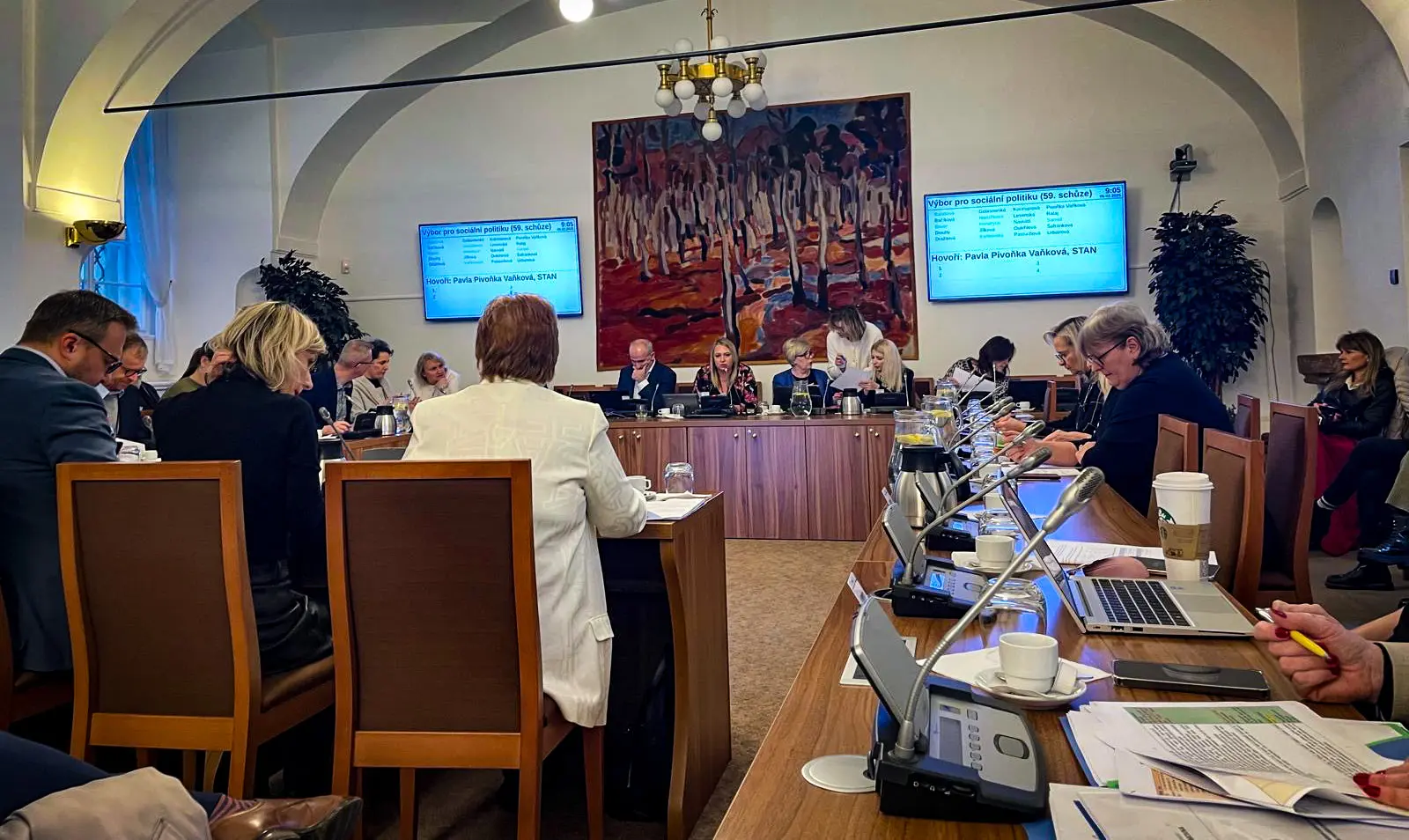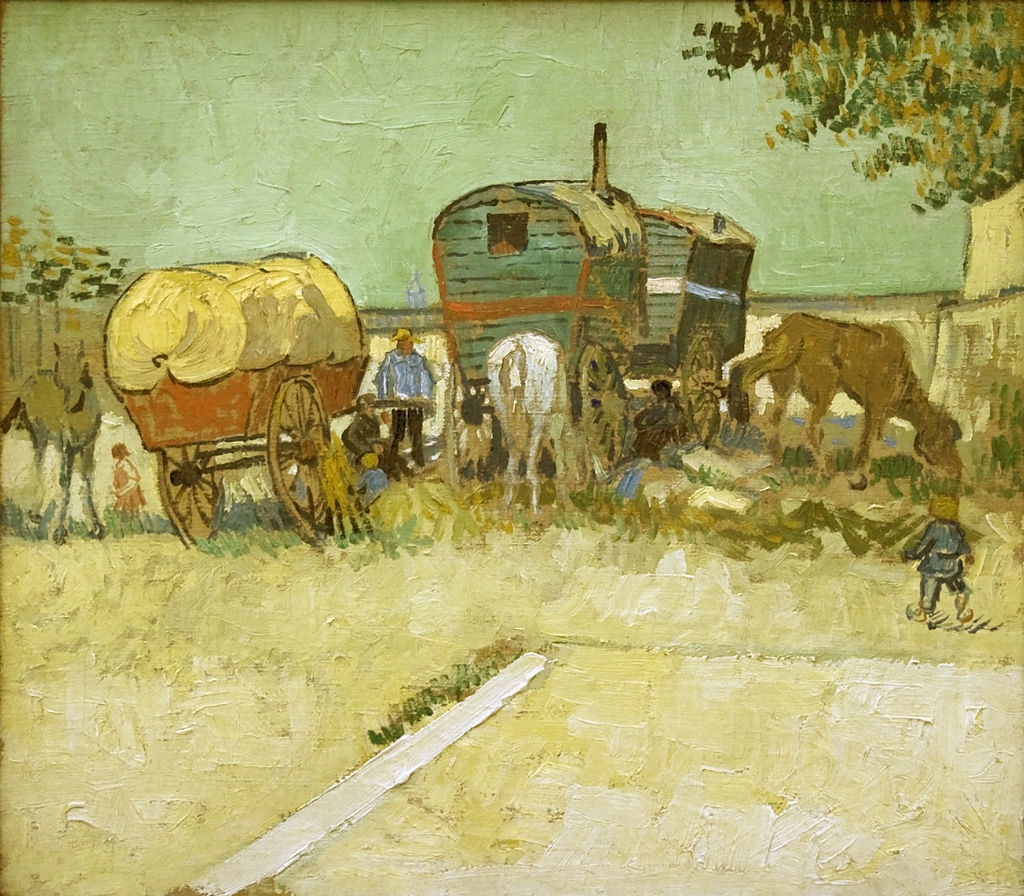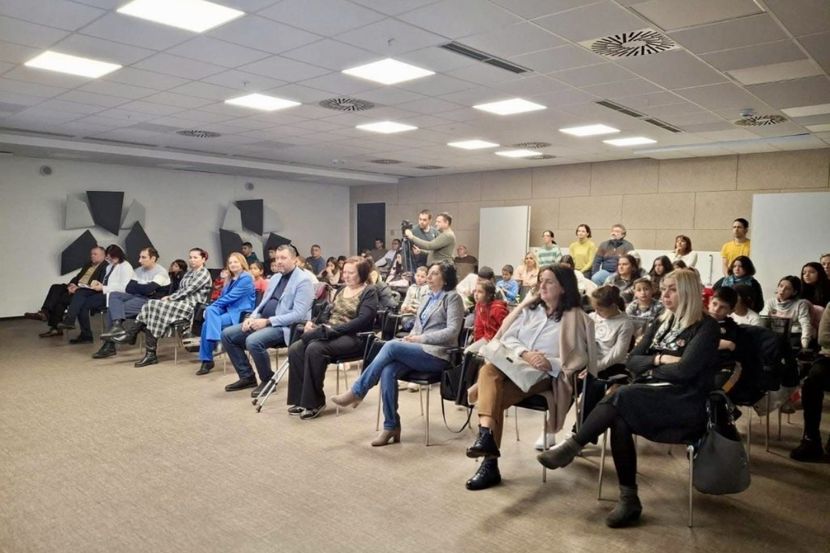Ulmi (2014) qualifies stereotypes of organized begging networks among Rroma, as they are disseminated by numerous newspapers, in particular the Weltwoche in Switzerland. In his text, Ulmi refers to the study of the Lausanne sociology professor Jean-Pierre Tabin, who discussed the mechanisms of begging for the canton of Lausanne. Tabin qualifies nearly all conventional notions about organized begging: the income from begging is very modest and only secures the beggars most basic needs. High profits are a media illusion. Most beggars do not operate for organized, criminal networks, but for themselves. With his study, Tabin argues for begging to be considered as poverty mendicancy and not as an enrichment strategy. Tabin explains that the idea of organized begging is a misunderstanding of mendicancy. This incomprehension is then replaced by the apparently obvious answer of criminal networks: “Everything we think we know about begging, in our cities in general and about the begging Rroma in particular, is wrong. False is the idea of the organized networks that take advantage of the beggars. False are our ideas about the gains coming out of begging. Completely wrong is our idea of the identity of the Rroma…“
- Ulmi, Nic (2014) «Les Roms sont un bouc émissaire rêvé». In: Le Temps online vom 21.2.2014. http://www.letemps.ch/Page/Uuid/06c3588c-9a5e-11e3-9cef-93e7e023e55b|0







